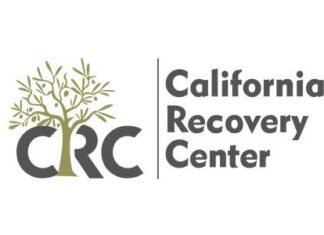A bizarre series of events brought Kathy and Darren Raske into their current situation of possibly being able to advance medical science and improve their son’s health.
Four years ago, Kathy was in her ninth month of pregnancy. Just prior to this, Darren’s cousin had multiple leg injuries from being hit by an automobile. After having adult stem cell therapy (not using controversial embryonic stem cells) and going through physical therapy, his cousin miraculously began walking again.
So right before Kathy delivered, the Raskes, with Darren’s cousin’s experience in mind, chose to pay over a thousand dollars to have their future son’s umbilical cord blood saved. It contained stem cells.
Kathy had a normal delivery. But when son Ethan was five weeks-old, doctors “did a battery of tests and found he had hypoplastic corpus collosum and hypoplastic optic nerve,” said Kathy Raske in a telephone interview from her Florida home. “They said he had brain damage, and would be delayed, blind, and probably wouldn’t feed.”
In short, the fibers connecting Ethan’s brain hemispheres and the section of his brain interpreting sight were underdeveloped. He went on to develop seizures, severe reflux, and lung disease from severe immune deficiency. Doctors diagnosed cerebral palsy, too.
Today, Ethan is four. The U.S. Food and Drug Administration won’t allow the organization storing Ethan’s umbilical cord blood to release it until a medical researcher chooses Ethan for a study that could help him.
Recently, Kathy attended the International Stem Cell Summit in Baltimore, in part to ask researchers to include Ethan in a study. He was excluded from a Duke University study on stem cells and cerebral palsy because of his other conditions.
“We found out a couple months ago,” says Kathy, “that a ratio exists between the fixed amount of cells stored (in Ethan’s umbilical cord) and his size and weight. We’re running out of time as he grows.”
Researchers so far have been able to place adult stem cells into people with brain or muscle damage and create normal, functioning cells. “They’ve even been able to grow whole organs out of stem cells,” Kathy says.
As for not having been accepted into a study: “We’re not angry or upset,” says Kathy. “We just want someone to help Ethan.” By choosing Ethan, and his multiple problems, the Raskes believe researchers could advance medical science and possibly help a great number of people, too.
(21+ years strong)
Welcome to the brighter side!
Get in front of local customers! 24/7 (365)





















